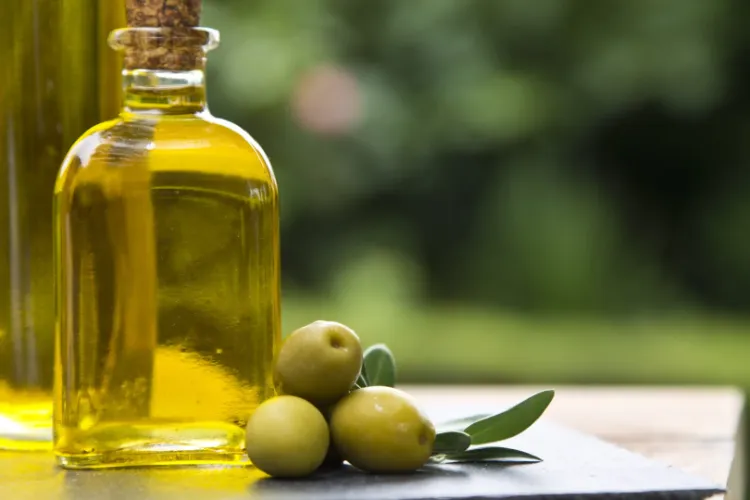
New Delhi
Breast cancer remains the most commonly diagnosed cancer among women worldwide. In 2022 alone, an estimated 2.3 million women were diagnosed, and about 670,000 lost their lives to the disease. The World Health Organisation (WHO) has warned that, if current patterns persist, both cases and deaths could rise by nearly 40% by 2050, especially in regions with limited healthcare access.
However, amid these alarming projections, new research offers a glimmer of hope, particularly during Breast Cancer Awareness Month. A recent Italian study suggests that olive oil consumption may help reduce the risk of developing breast cancer.
Published in 2024 in the European Journal of Cancer, the study analysed data from 11,442 women enrolled in Italy’s long-term Moli-sani cohort. Researchers followed the participants for around 13 years, recording their dietary habits and breast cancer diagnoses. Alongside this, they conducted a systematic review of previous studies to assess the consistency of the findings.
The results were striking: women who consumed more olive oil had a significantly lower risk of breast cancer. In fact, for every additional tablespoon (about 10 grams) of olive oil consumed per day, there was a measurable drop in risk. This “linear” relationship persisted even after adjusting for other lifestyle and dietary factors.
Interestingly, the protective effect appeared strongest for hormone receptor–negative breast cancers (estrogen-receptor–negative and progesterone-receptor–negative types), suggesting that olive oil may work through non-hormonal pathways.
These findings reinforce earlier research. A meta-analysis of 14 studies showed that people with higher olive oil intake had a 33% lower risk of breast cancer compared with those who consumed little or none.
One of the most notable studies, from the PREDIMED trial in Spain, found that older women (aged 60–80) following a Mediterranean diet enriched with extra virgin olive oil (EVOO) had a 62–68% lower breast cancer risk than women on a low-fat diet. However, researchers cautioned that the number of breast cancer cases in that study was small, so the results should be interpreted carefully.
By contrast, large-scale studies in the United States, where olive oil consumption is generally low, have not found a significant link, possibly due to differences in average intake and diet composition.
Scientists believe several biological mechanisms could explain olive oil’s protective role:
While olive oil shows real promise, experts emphasise that it is not a cure or a stand-alone preventive measure. Instead, it should be viewed as part of a balanced, Mediterranean-style diet that includes fruits, vegetables, whole grains, legumes, and fish.
The type and quality of olive oil matter, too. Extra-virgin olive oil, rich in polyphenols and minimally processed, appears to be the most beneficial. And context is key: populations with higher olive oil consumption, such as those in Mediterranean countries, tend to experience stronger effects.
READ MORE: Tauqeer Raza breaks boundaries between politics, social work and business
Ultimately, olive oil should complement, not replace, established cancer-prevention strategies. Maintaining a healthy weight, exercising regularly, limiting alcohol, avoiding tobacco, and undergoing routine screenings remain the cornerstones of breast cancer prevention.
